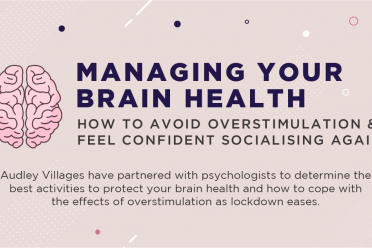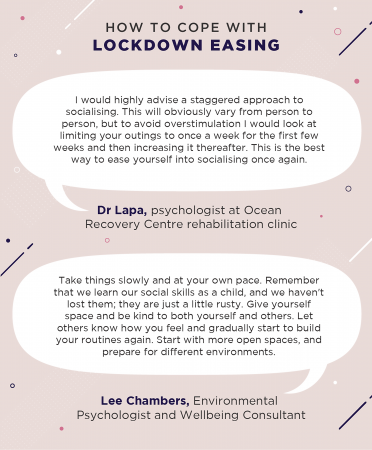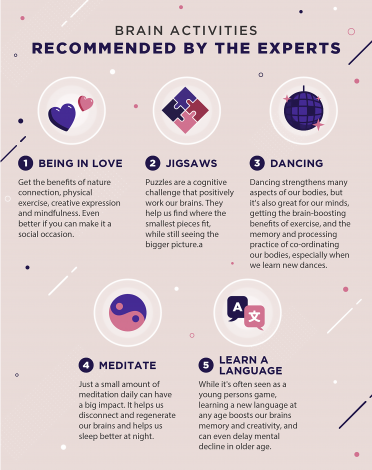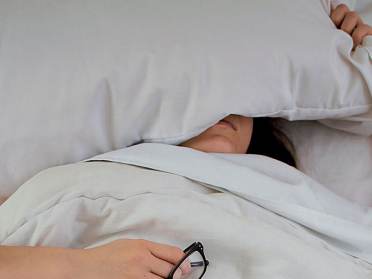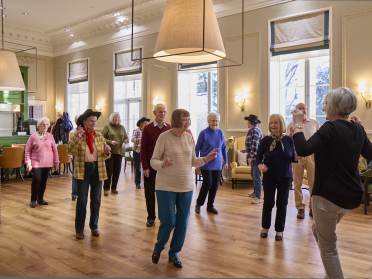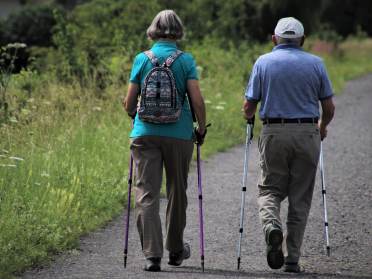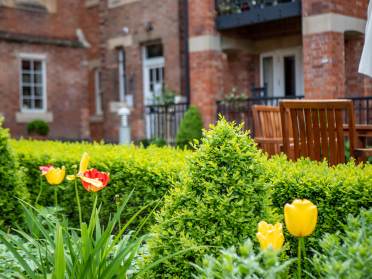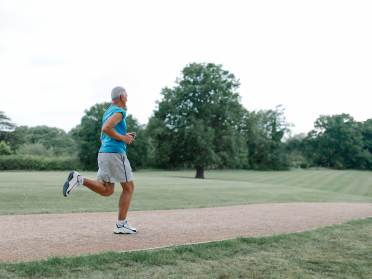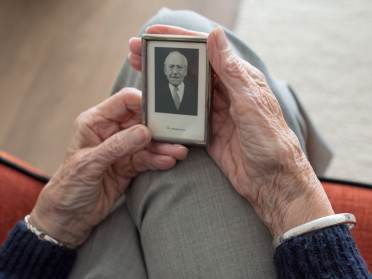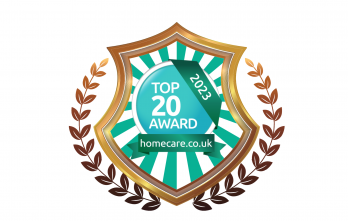How to avoid overstimulation and feel confident socialising again
After nearly a year and a half of Covid-19 restrictions, many Brits are looking forward to the return of normality. Although this is an extremely exciting time for many of us, the prospect of returning to our normal lives can soon become overwhelming.
With this in mind, Audley Villages have partnered with psychologists to determine the best ways to protect your brain health as we come out of lockdown and how to avoid overstimulation.
How to cope with the effects of overstimulation
It is important for our brains to acclimatize to our post-covid socialising routines. Although after a long period of isolation returning back to normality can be extremely overwhelming. Individuals who are not acclimatized to social interaction and busy environments can often experience “overstimulation”.
Lee Chambers, Environmental Psychologist and Wellbeing Consultant commented "Being overstimulated can quickly lead us to a place of potent feelings, challenging thoughts, physical and emotional tension and a restless state that is difficult to calm. Trying to avoid overstimulation itself is unproductive. But we can manage the short bursts of overstimulation to our benefit while using emotional regulation to ensure we are not permanently on full alert and peak stimulation.
Psychologist reveals 7 tips on coping with overstimulation
Lee Chamber suggests 7 tips to utilise If you are in a situation where you feel overwhelmed:
- Certain skills can help us navigate these situations, such as awareness of our emotions, naming them and recognising what's triggered them. This gives us the space to respond, rather than react, slowing us down and reducing stimulation, allowing us to breathe, become more mindful and find acceptance in expressing our emotions in a healthy way.
- If possible, try to find a place of quietness and solitude. Whether at the end of a platform, a toilet or getting outside, aiming to remove yourself from an overwhelming environment is often beneficial.
- It also helps to understand it's human and normal to feel overstimulated, and this helps to be kind and compassionate in those moments, rather than belittle and feel shame. This, in turn, can allow us to soothe ourselves and see what we can find in our toolkit to help us in similar situations in the future.
- We can even use relaxation techniques that utilise our physiology to anchor us back into ourselves and trigger our parasympathetic nervous system, setting off our relaxation response. These include breathing exercises, hand exercises and even journaling and creative activities.
- It is also worth considering your environment and whether you need to remove yourself from digital devices and enclosed spaces. Natural environments are often grounding, and natural light and ventilation can help us to reduce our stress response.
- Deep breathing is another great way to reduce our sympathetic nervous system response and calm us. Using the breathe in for 4, hold for 4 and exhale for 4 methods for a few minutes can help us regain peace.
- Moving our bodies, reading and listening to calming music are great for inducing peacefulness and regaining control.
Five expert tips on coping with nerves when socialising again
During lockdown many of us spent long periods of time in isolation meaning our routines and activities were much more singular. Dr Rachel M Allan, Chartered Counselling Psychologist, states social contact is one of the main contributors to maintaining good brain health and slowing decline. But some may feel nervous about easing back into socialising again - Lee Chambers shares his tips:
- Be kind to yourself; it's natural to feel anxious. Aim to go at your own pace, gradually pushing your boundaries of comfort in a way that doesn't induce panic.
- Share how you are feeling with others and ask for support if you need it.
- Plan and prepare for activities so you feel more assured for the challenges you may face.
- Research and find out what places are doing to keep you safe, so you feel informed and more in control.
- Gradually start to build a routine around getting back to a place of relative normality.
The top 5 expert-recommended activities to improve brain health
As we re-enter a new ‘normal’ and our daily routines begin to shift once again, Lee Chambers suggests five activities to counteract the harmful effects of lockdown on our brain health.
- health.harvard.edu
- healthline.com
- europelanguagejobs.com
- time.com
- ccsuconed.wordpress.com
- takelessons.com
- foxhillresidences.com
- journals.sagepub.com
- ajph.aphapublications.org
- caringeveryday.co.uk
- neurocorecenters.com
- dailymail.co.uk
- lifehack.org
- ncbi.nlm.nih.gov
- frontiersin.org

